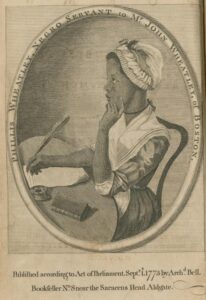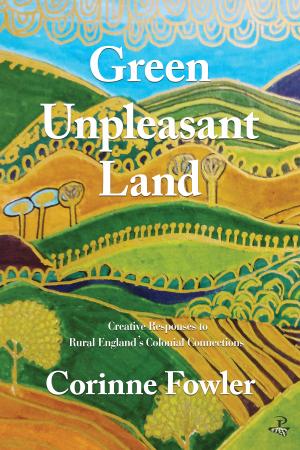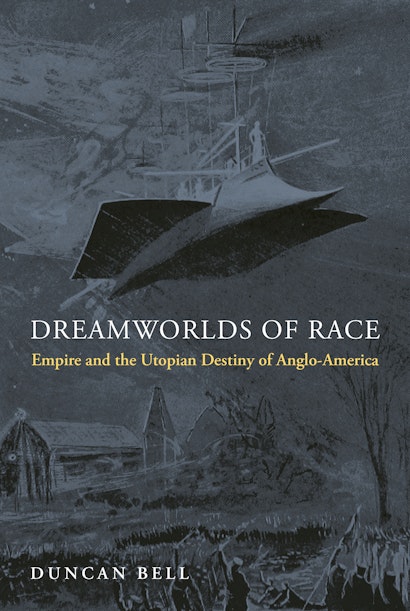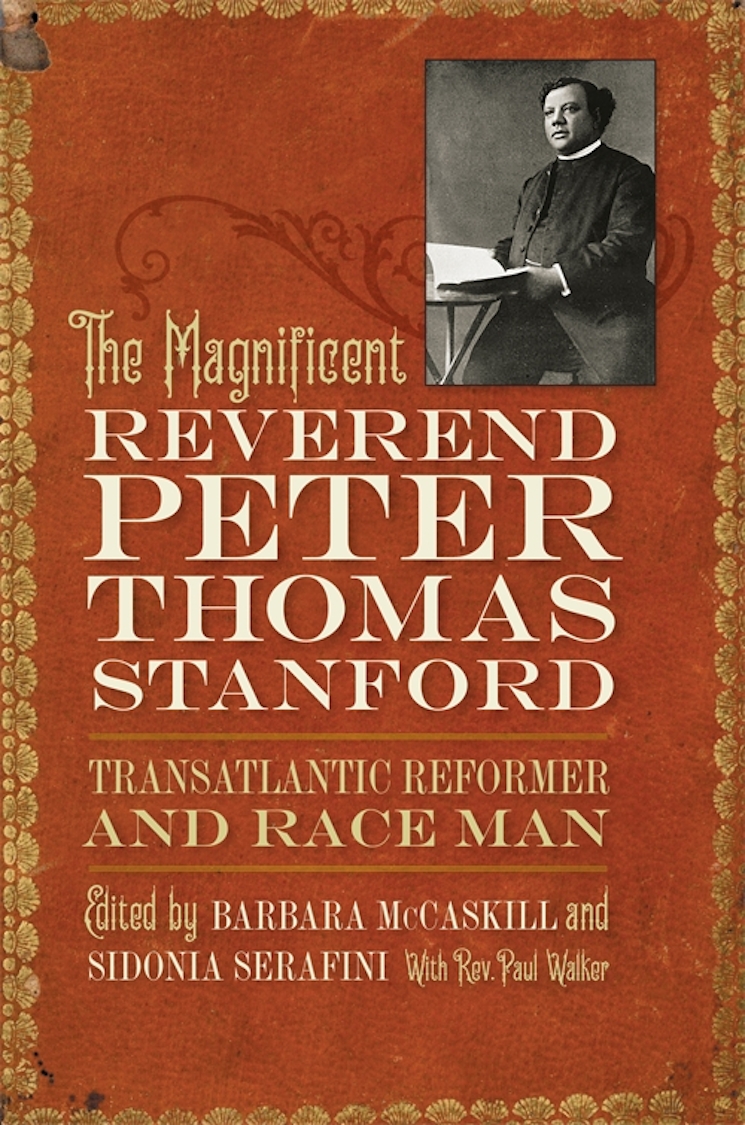Launching on February 3, 2021, the Black Activism: A Transatlantic Legacy project brings together scholars, students, and community leaders in a digital project that uncovers and examines Black activism through a transatlantic lens.
“The project consists of a website and symposium which brings together scholars, students, and community leaders from the US, UK, and Canada to address this question: How can multi-ethnic communities identify solutions to contemporary challenges caused by racial, economic, and educational inequities by learning about the experiences of historical and contemporary activists engaged in transatlantic social justice campaigns? The Spring 2021 Online Symposium features scholars conducting research on southern and African Diasporic activists. The Black Activism website highlights the work of early Black activists as well as leaders of community groups currently involved in social justice issues, who will share their insights about global intersections and local initiatives.
The website and symposia have been inspired by the research of Barbara McCaskill and Sidonia Serafini, with the Rev. Paul Walker, on the former slave, educator, and activist Rev. Peter Thomas Stanford (c. 1860-May 20, 1909). Rev. Stanford was Birmingham’s first black minister and once spearheaded an international anti-lynching campaign during the nineteenth century. A biographical edition of Stanford’s writings, edited by McCaskill, Serafini, and Walker, was recently published by the University of Georgia Press. Co-editor of the scholarly edition, Rev. Paul Walker recently retired from his ministerial position at Highgate Baptist Church in England, formerly Hope Chapel, where Stanford pastored in the 1890s.
In addition to the Spring 2021 Online Symposium, the Black Activism website presents resources for research and teaching that are centered on the social justice, educational, intellectual, cultural, and philanthropic contributions of transatlantic Black activists from the nineteenth century to today.”
Project Directors: Barbara McCaskill (Professor of English), Sidonia Serafini (PhD candidate, English), Kelly P. Dugan (PhD, Language and Literacy Education)
 “The Genius of Phillis Wheatley Peters” embodies both an honoring of the poet and her legacies and an opportunity to spotlight the learning power and the significance of literature in our lives. Through a partnership of the University of Georgia and TCU, this project also celebrates the efficacy of collaborative learning informed by a participatory vision of the humanities and the arts. Our codirectors, contributing team members, and many sponsoring groups and organizations have come together in shared learning throughout the 2023 anniversary year of Wheatley Peters’s Poems–and beyond.
“The Genius of Phillis Wheatley Peters” embodies both an honoring of the poet and her legacies and an opportunity to spotlight the learning power and the significance of literature in our lives. Through a partnership of the University of Georgia and TCU, this project also celebrates the efficacy of collaborative learning informed by a participatory vision of the humanities and the arts. Our codirectors, contributing team members, and many sponsoring groups and organizations have come together in shared learning throughout the 2023 anniversary year of Wheatley Peters’s Poems–and beyond.




